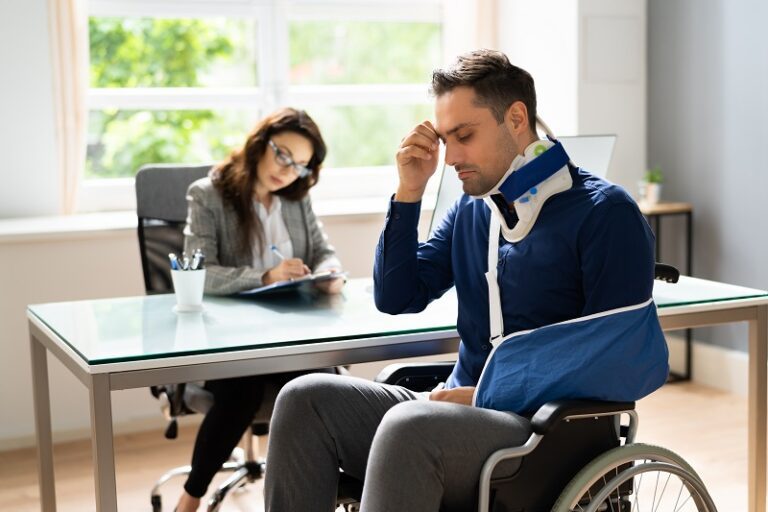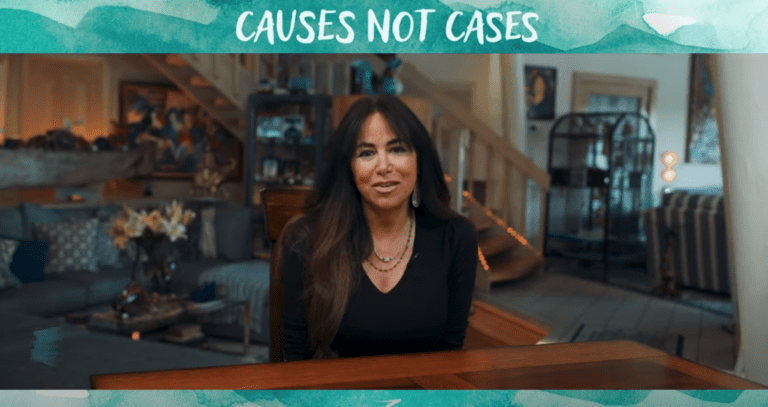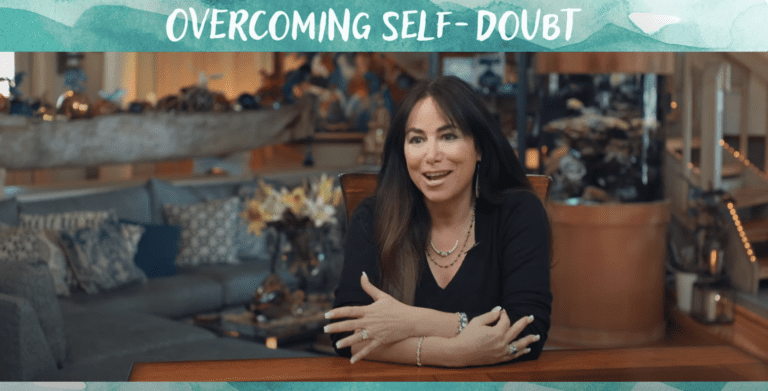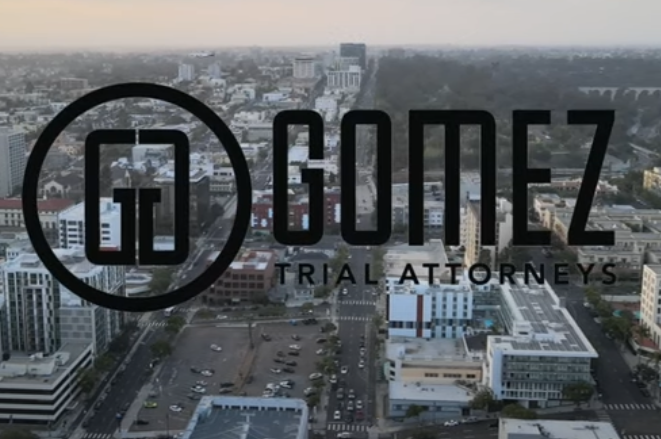A concussion is the most common form of traumatic brain injury. Most often, a concussion happens when the victim’s head or body sustains a bump, blow, or jolt. This force causes the brain to twist, deform, or shake momentarily inside the skull, which causes damage to brain tissue, blood vessels, and nerves.
Perhaps because of their frequency, concussions have a reputation as a relatively low-risk event. Make no mistake, however, a concussion is not something to take lightly, even if doctors call it “mild.” Even a “mild” concussion can cause serious, life-altering physical, emotional, and cognitive challenges for victims.
Below, we dig deeper into the symptoms of a supposedly “mild” concussion: what they are, how long they last, and what you should do if they do not go away. To learn about your legal rights after a concussion leaves you struggling with brain-related difficulties, contact an experienced brain injury lawyer for a free case evaluation.
[lwptoc]
How “Mild” Concussions Happen
To describe the symptoms of a “mild” concussion, it can help to picture some common contexts in which the injury can happen. As we noted above, concussions most typically result from a bump, blow, or jolt to the head. That can happen in just about any setting and circumstance. Some accidents and incidents leading to a concussion are far more common than others, however.
They include:
- Motor vehicle accidents in which someone hits their head against the interior or a car, or the vehicle comes to a sudden stop;
- Pedestrian or bicycle accidents in which someone hits their head on the pavement;
- Violent assaults in which the victim sustains punches or kicks to the head;
- Falls in which a person hits their head on the ground;
- Hard collisions while playing contact sports.
Anyone involved as a victim in any of the incidents listed above should seek immediate medical attention. Even if you do not have symptoms, you may have experienced a concussion and should let a doctor evaluate you. Going without medical treatment could put your health at serious risk.
Symptoms of a “Mild” Concussion
The symptoms of a “mild” concussion can vary in their type and severity. In fact, sometimes victims and others may have difficulty spotting “mild” concussions symptoms.
After any event in which you bump your head or take a bad blow, bump, or jolt, the presence of one or more of these signs could indicate you have suffered a concussion:
- Temporary loss of consciousness: Sometimes “mild” concussions cause victims to lose consciousness for a few seconds or minutes (a longer period of unconsciousness can indicate a more severe injury)
- Temporary amnesia: A short loss of memory about the incident that caused the concussion (longer-duration amnesia can indicate a more serious injury)
- Ringing in the ears (tinnitus)
- Dizziness
- Confusion
- Drowsiness, fatigue
- Nausea, vomiting
- Headache
Victims of a “mild” concussion may not suffer all (or even any) of these symptoms, and symptoms may come and go. Importantly, a concussion may have occurred even if the victim does not lose consciousness. That is why it is always important to seek medical care after any blow or jolt to the head that could cause a concussion. Leaving a concussion untreated could risk making symptoms worse.
Duration of “Mild” Concussion Symptoms
It is difficult to predict how long “mild” concussion symptoms might last. Every traumatic brain injury is unique. So, although, on average, “mild” concussion symptoms will tend to last for less time than symptoms of a more severe brain injury, that is not always the case, and the relative timeframes can vary widely.
Some people only experience symptoms of a concussion for a few minutes or hours after their injury. For other people, a concussion means symptoms lasting days or weeks. Post-concussive syndrome can even cause concussion symptoms for years after the concussion-causing injury.
The variability in the duration of “mild” concussion symptoms represents yet another reason why it is critical for anyone who might have suffered a concussion to seek medical attention right away. Diagnosing the severity of a concussion may depend, in part, on your doctor pinpointing exactly when the injury took place and comparing it to your normal functioning at other times.
“Mild” Concussions and Secondary Injuries
People who suffer a “mild” concussion may simultaneously or subsequently suffer other injuries related to the concussion, sometimes referred to as secondary injuries.
- Scalp wounds and skull fractures: The blow to the head that causes a concussion can also cause scalp wounds and skull fractures, which require medical treatment.
- Closed injuries: Bleeding or swelling inside the skull resulting from the initial damage that causes a concussion can cause a concussion to grow into a more serious brain injury.
- Secondary concussions: A type of concussion that occurs when a victim has not fully healed from a first concussion, and thus is more susceptible to suffering another concussion from a minor blow or jolt.
Risk Factors for “Mild” Concussions
Some risk factors can make a person more likely than others to suffer a “mild” concussion.
Let’s take a look at some common ones.
Working in High-Risk Occupations.
Certain occupations put people at risk of incidents and accidents that commonly lead to concussions. Construction workers, for example, frequently contend with the risk of falling from heights or from having a heavy object fall on them. Either incident can lead to a concussion. Likewise, service members may face concussion risks if their jobs expose them to explosions and concussive blasts, which can lead to a concussion.
Of course, a person can suffer a concussion in any occupation, because they can always fall and bump their heads. However, those who work in jobs where the risk of concussion rises should pay close attention to any of the symptoms listed above, as they may indicate a concussion has happened.
Playing Contact Sports.
Similar to occupations, all sports come with at least a little risk of suffering a blow or jolt to the head. However, in a few sports, violent impacts are the rule, not the exception. In these sports—which include tackle football, rugby, ice hockey, boxing and MMA, and lacrosse—coaches, referees, and players should train and prepare to deal with concussions on a relatively frequent basis.
In other sports, impacts happen often enough to put coaches and athletes on guard for “mild” concussions, even if blows to the head are not the norm. Those sports include soccer, baseball, softball, basketball, and field hockey, for instance. Studies suggest that youth athletes, and female youth athletes in particular, may face an increased risk of concussion in these sports.
Being a Young Child or an Elderly Adult.
Young children and elderly adults are both unsteady on their feet, which puts them at risk for falls and, in turn, for suffering “mild” concussions. Falls are a leading cause of traumatic brain injury in older adults.
Children and older adults are also at higher risk of having their “mild” concussion symptoms go unnoticed, which can cause severe health complications. In both groups, concussion symptoms like confusion or forgetfulness may get dismissed as typical of a person’s age. Both groups may also hesitate or find it difficult to alert someone to their symptoms.
Caregivers for children and the elderly should stay alert for signs of a “mild” concussion, and should always assist in seeking medical attention after any fall or other incident that could have caused a concussion.
Potential Long-Term Complications From “Mild” Concussions
On average, “mild” concussions are less likely to cause long-term complications than other traumatic brain injuries, but it can happen. Brain injuries are unpredictable. Victims and caregivers should never take them lightly.
Potential long-term complications from “mild” concussions can include:
- Poor memory;
- Problems with judgment;
- Issues with concentration;
- Poor coordination and/or balance;
- Irregular sleeping habits;
- Irritability;
- Personality changes;
- Depression;
- Substance abuse; and
- Headaches.
This is only a partial list, of course. As we said, even “mild” concussions can feature a broad and varied range of symptoms that evolve. Always seek medical treatment for a concussion, and alert your doctor immediately if symptoms persist for longer than expected or if new symptoms emerge.
How Lawyers Can Help People With “Mild” Concussions
It does not often occur to someone who suffers a “mild” concussion to seek legal advice. They tend to assume that their symptoms will resolve quickly and that they’ll be just fine. Hopefully, that is what will happen.
However, not all “mild” concussion symptoms go away. Some persist for months or more, severely interfering with a person’s ability to work, go to school, socialize, and live a full and happy life. Victims of “mild” concussions who suffer from these sorts of long-lasting symptoms deserve compensation for their trouble if someone else’s careless or reckless conduct caused the incident that left them concussed.
Liability for “Mild” Concussions.
A person, company, or organization that engages in unreasonably dangerous conduct, or makes an unreasonably dangerous decision, that leads to someone suffering a concussion can have legal liability for the concussion victim’s damages. The identity of who might have liability can vary widely, because vastly diverse circumstances can lead to someone suffering a concussion.
Some examples of potentially liable parties might include:
- Property owners who fail to fix a dangerous condition on their premises that leads to someone taking a spill and suffering a concussion;
- Motorists who cause traffic accidents that lead to someone else getting a concussion;
- Coaches, referees, and sports leagues that fail to take precautions to keep athletes safe from concussions;
- Anyone who commits an assault that causes the victim a concussion.
These are just a few examples. Lawyers for victims of “mild” concussions investigate the incident or accident that led to the injury, to determine who might owe damages to their clients.
Possible Damages for a “Mild” Concussion
Every “mild” concussion has unique aspects that can affect the amount and type of damages a victim might have the right to recover.
As a general matter, however, experienced brain injury attorneys can often take legal action on their clients’ behalf seeking compensation for:
- Medical expenses related to past, present, and projected medical costs associated with the treatment of a “mild” concussion, including emergency care, hospitalization, therapy, medication, and doctor visits;
- Non-medical expenses incurred because of a “mild” concussion or its persistent symptoms, such as the cost of hiring help with daily activities while recovering;
- Lost wages or diminished earning capacity resulting from a “mild” concussion victim missing work or who can’t return to work;
- Pain, suffering, and diminished quality of life caused by ongoing “mild” concussion symptoms that interfere with every aspect of a victim’s life;
- In some cases, punitive damages seeking to punish extreme or outrageous conduct that led to a person suffering a concussion.
The amount of money a “mild” concussion victim might recover through taking legal action can vary widely, based on the severity of the symptoms, the outlook for making a full recovery, and—importantly—the financial resources available to pay damages to the victim.
To ensure that you give yourself the best possible chance of recovering full and fair compensation for long-lasting “mild” concussion symptoms, always seek the help of an experienced brain injury attorney who understands the science of concussions and how the law can hold parties accountable to victims.
When to Contact an Attorney About Your “Mild” Concussion Symptoms
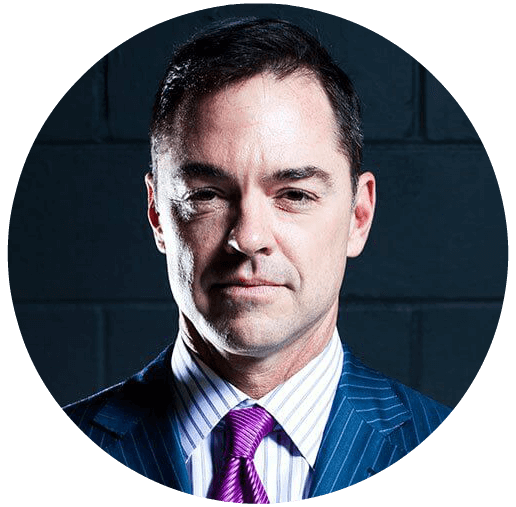
As a general rule of thumb, the sooner a victim of any brain injury contacts an attorney, the better that person’s chances of recovering full and fair compensation. By giving an experienced brain injury attorney ample opportunity to investigate the facts, gather evidence, and prepare a case, victims put themselves in the strongest possible position to hold the parties who harmed them legally and financially accountable.
Getting specific, if you suffered a concussion, we always hope that your first call will be to a doctor, to protect your health. If, however, your “mild” concussion symptoms do not soon resolve, we hope your next call will be to a skilled brain injury attorney who can explore whether you have the right to recover compensation for your trouble.
Contact an experienced brain injury lawyer today to learn more.
Gomez Trial Attorneys
655 West Broadway, Suite 1700
San Diego, CA 92101
Phone: (619)-237-3490


